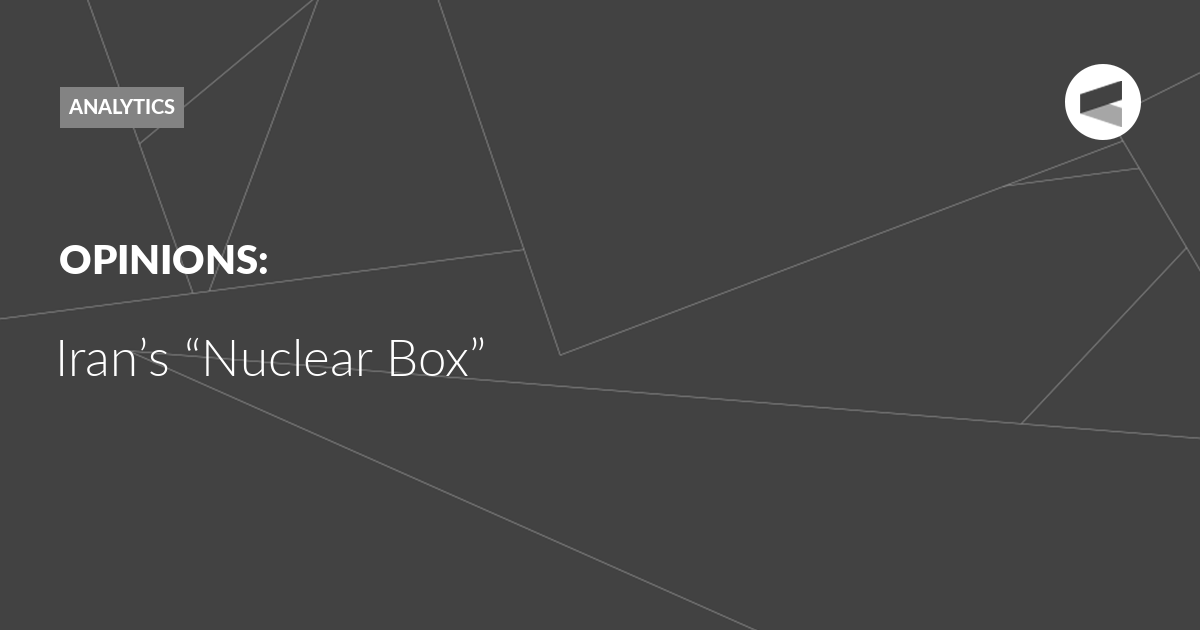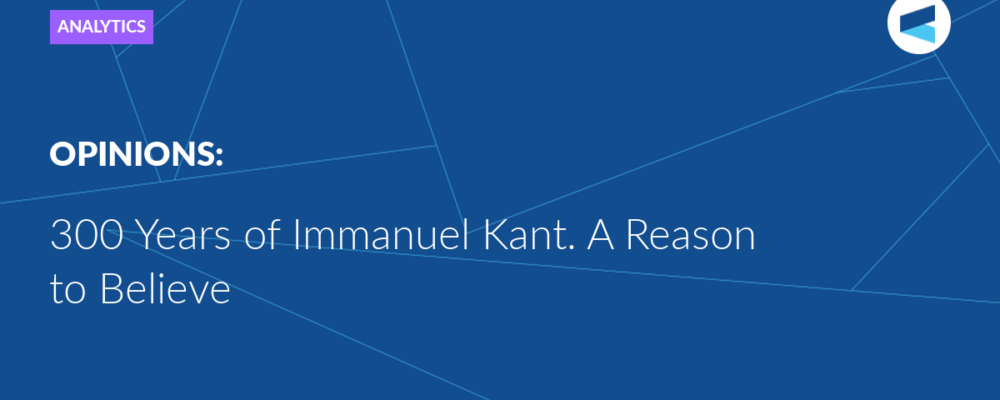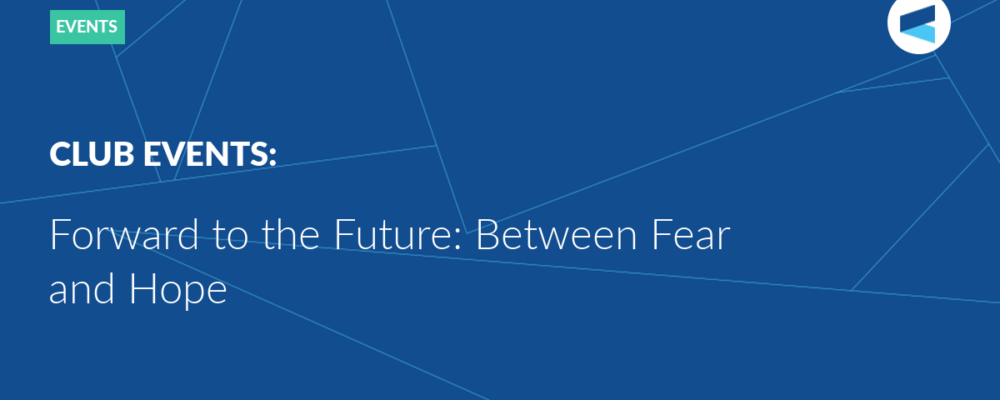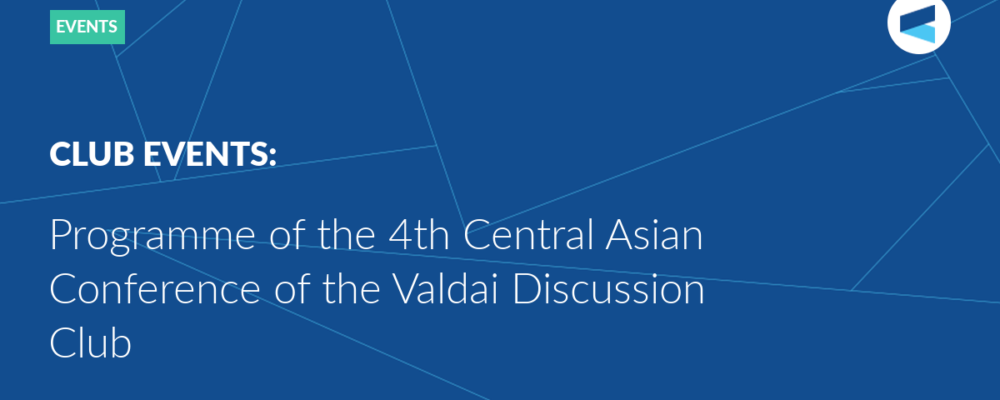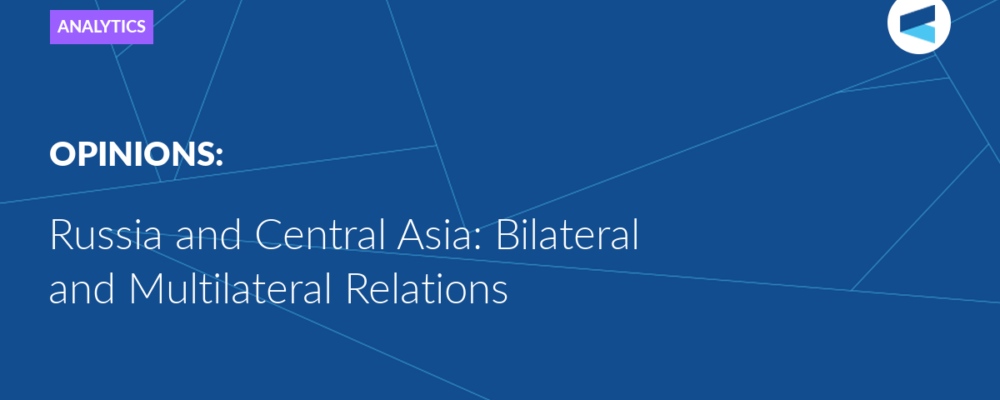In the best traditions of a Persian epic, Tehran has long been able to play on the fear and curiosity of the great powers, leaving them in the dark about the true contents of its “box”. Against this background, all sorts of assumptions arise about whether Iran really needs nuclear weapons, which will almost certainly lead to international condemnation and even greater isolation, or whether it is more focused on instilling the idea that it has such weapons that would compensate for existing vulnerabilities, writes Alla Levchenko. The author is a participant of the Valdai – New Generation project.
For over twenty years, questions about Iran’s nuclear programme have been stirring in the minds of outside observers and the international community, as they try to unravel the hidden intentions and secret aspirations of Iranian leaders. Tehran, with its characteristic multi-layered meanings and subtlety of political weaving, jealously guards its “nuclear treasure,” allowing others to take a close look at it only occasionally. Maintaining a situation of balancing on the brink of creating nuclear weapons has become one of the main methods of political and diplomatic positioning for the Islamic Republic of Iran (IRI). This ambivalence in intentions and the constructed aura of mystery around its nuclear programme has become a unique foreign policy resource, masterfully used by Tehran’s politicians.
The Iranian political and clerical elite attaches almost sacred significance to nuclear weapons, seeing them as a guarantee of the existential preservation of post-revolutionary theocratic statehood, as well as its independence and prestige. At the same time, being on the threshold of producing an atomic bomb is becoming an independent strategy of action, in which two substantive components are seen: an orientation toward cooperation and increasing the transparency of its nuclear activities, as well as instilling in the international community the idea of a readiness to acquire and use the most destructive weapons to protect its national sovereignty, supported by a demonstration of the real ability to do so. Such duality allows Iran to change the ornamental decoration of its “nuclear box” depending on the political moment…
In the best traditions of a Persian epic, Tehran has long been able to play on the fear and curiosity of the great powers, leaving them in the dark about the true contents of its “box”. Against this background, all sorts of assumptions arise about whether Iran really needs nuclear weapons, which will almost certainly lead to international condemnation and even greater isolation, or whether it is more focused on instilling the idea that it has such weapons that would compensate for existing vulnerabilities.
The Valdai Discussion Club was established in 2004. It is named after Lake Valdai, which is located close to Veliky Novgorod, where the Club’s first meeting took place.
Please visit the firm link to site


